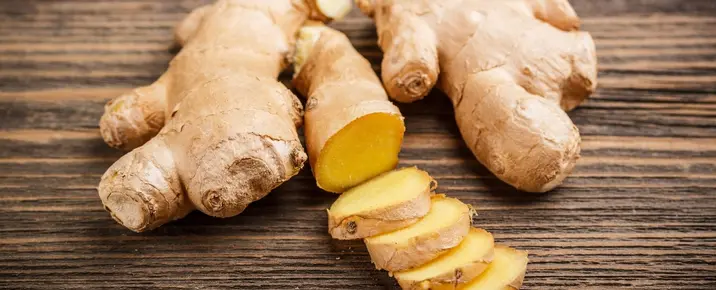T4K3.news
Ginger shows heart health promise but not a cure
New review links ginger to potential heart benefits, yet results vary and medical guidance is advised.

A review highlights ginger’s potential benefits for blood pressure, cholesterol, and blood sugar, while stressing the need for standard dosing.
Ginger Boosts Heart Health Across Several Pathways
A Cureus review examines how ginger may affect heart health. It finds that ginger supplements might help reduce systolic blood pressure, a key factor in long term heart risk. The suggested mechanism is that ginger compounds could act like calcium channel blockers, relaxing blood vessels and slowing the heart rate. But the studies vary widely in dosage, duration, and form, including powders, extracts, and capsules, which makes it hard to draw firm conclusions.
The review also reports potential benefits for cholesterol and triglyceride levels, particularly in people with obesity who took ginger in combination with metformin. Ginger’s polyphenols and flavonoids are thought to play a role, possibly by reducing liver cholesterol synthesis and boosting fat breakdown. The anti inflammatory and antioxidant effects of ginger compounds may help protect blood vessels and reduce the risk of plaque buildup. The evidence on blood sugar is mixed but suggests ginger could improve insulin sensitivity in type 2 diabetes. Overall, ginger looks promising but is not a magic bullet and should be considered as part of a broader healthy lifestyle and under medical guidance if medications are involved.
Key Takeaways
"Specific compounds in ginger may work similarly to calcium channel blocker medications"
how ginger may lower blood pressure
"Ginger’s active components may inhibit cholesterol synthesis in the liver, increase bile acid secretion, and enhance the activity of enzymes that break down fats"
on cholesterol effects
"Ginger is rich in phenolic compounds such as gingerols, shogaols, and paradols, which have potent anti-inflammatory effects"
anti inflammatory properties
"Ginger is a great addition, but it works best in the context of an overall healthy lifestyle"
lifestyle emphasis
The appeal of ginger taps into a larger trend: people want natural options that complement medical care. Yet the science remains early and uneven. Readers should watch for how small studies translate into real life, especially when dose and product vary so much. The piece also raises a practical point: supplements are not food, and they can interact with medicines. Clear messaging is needed so people don’t misinterpret ginger as a cure or a substitute for prescribed treatments.
Beyond the science, the piece hints at a growing market for ginger products. That raises questions about marketing claims and quality control. Consumers should seek trusted sources and consult health professionals before making changes, particularly if they have chronic conditions or are on complex drug regimens. The wider takeaway is simple: diet matters, but it must be part of a balanced plan guided by evidence and medical advice.
Highlights
- Ginger is a great addition but it works best with a healthy lifestyle.
- The science is early and varied not a replacement for medicine.
- Small root big potential for heart health.
- Food can help but it does not replace medical care.
Moderate caution on supplements and interactions
Ginger supplements vary in dosage and form and can interact with certain medications. They should not replace medical treatment and require professional guidance, especially for people with chronic illness or those on blood thinners.
The heart health story is ongoing as science tests how best to use ginger in everyday life.
Enjoyed this? Let your friends know!
Related News

Ginger health benefits reviewed

Heartburn remedies under the microscope

Ginger shows promise for diabetes care at low cost

NAD Plus prompts scrutiny over ageing claims

Conch shell technique shows promise for sleep apnea

Almonds Linked to Lower Oxidative Damage

Rising MASLD affects millions in the UK

Chlorophyll Collagen Backing Questioned
